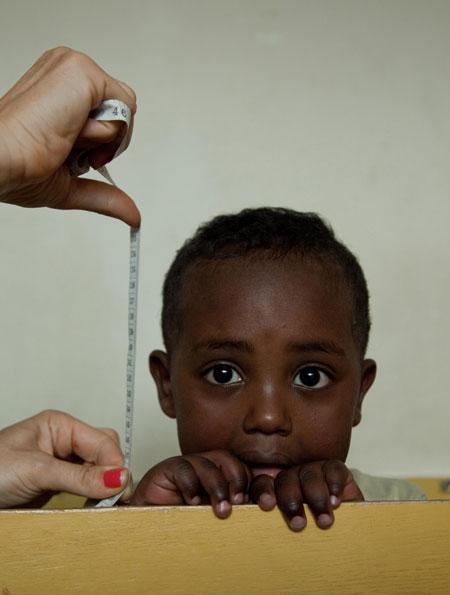It seemed a perfect match, until adoption became big business in Africa. Now, as director Katrine Kjær shows in her documentary "Mercy Mercy", children are increasingly being treated as a commodity.
Ethiopia has five million orphans and holds the world record in adoptions. Yet the demand for infants in the West has surpassed the number of children suitable for adoption. A great deal of the adopted children in Ethiopia is not orphans, but already have parents who could support their children for a fragment of the cost of the adoption.
"Mercy Mercy" tells the true story of an adoption between an African and Western family, seen from both sides. We follow the families for more than three years as the adoption goes wrong.
Kjær wishes to demonstrate that part of the adoption industry puts commercial interests above human needs and that innocent children are victims of an absurd supply and demand system.
Inspired by tales of globalisation such as Iñárritu's Babel, "Mercy Mercy" also draws on the epic style of Fridthjof Film's highly successful Armadillo which had Sara Stockmann as producer.
Katrine Kjær has worked as a director and producer of documentary, primarily for primetime TV, since 1999.
